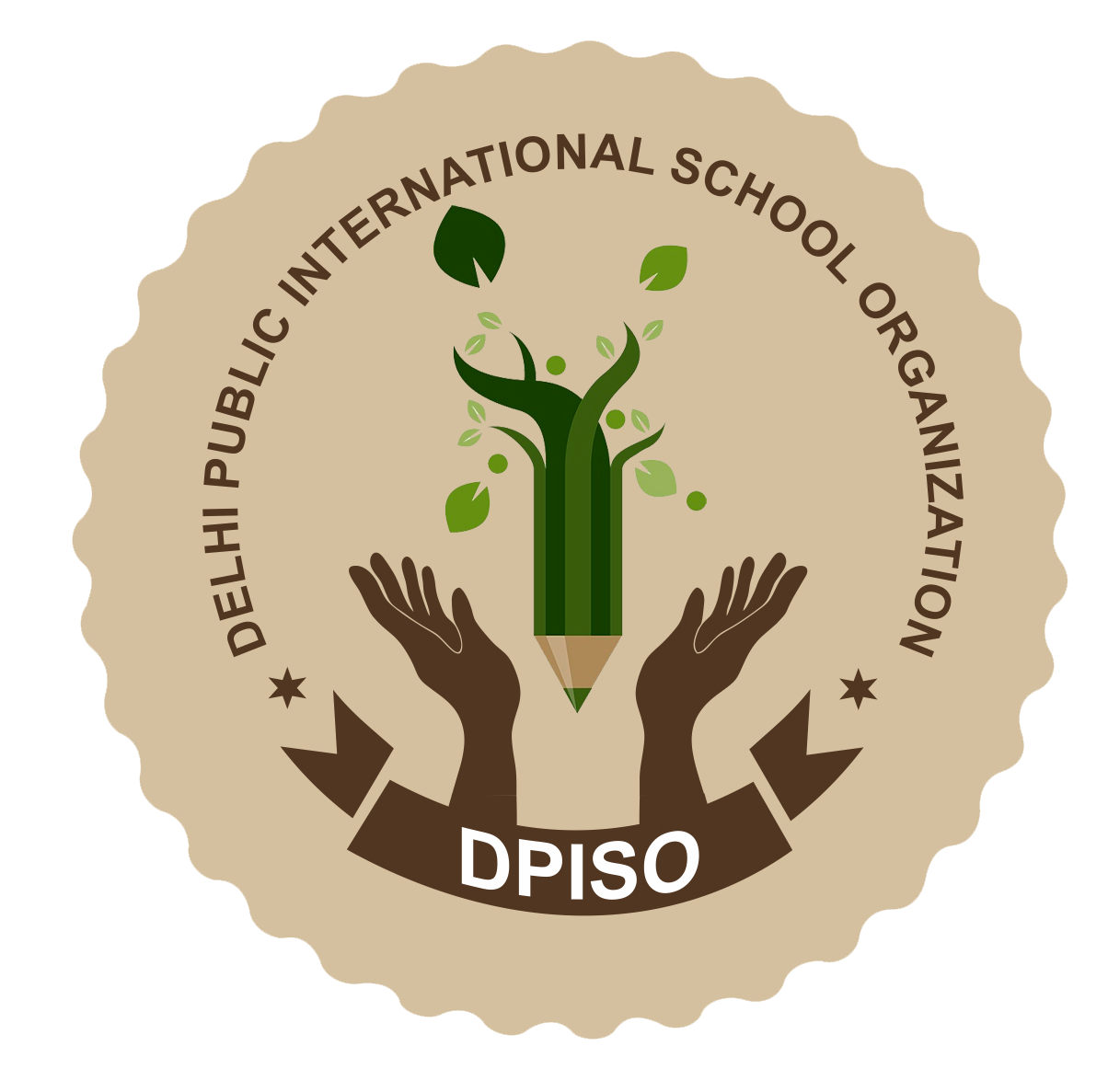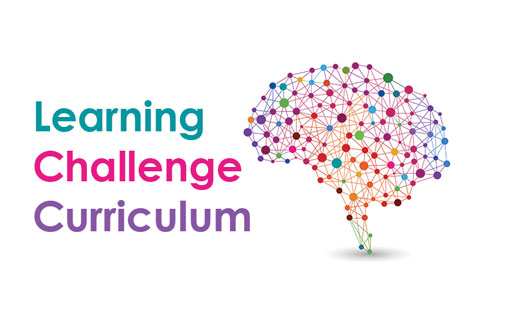INTRODUCTION:
The K12 curriculum is designed to give students an in-depth mastery of the academic disciplines and applied
functional areas. The curriculum gives students a balance of theoretical and practical knowledge that facilitates a
learning environment where students learn, analyze and apply — rather than merely know. We emphasize on
creating a connect between learners’ spiritual, ethical, social, cognitive, mental and physical growth and
development, nurturing individuality and thus enhance one’s innate potentials and developing scientific outlook
and transformative competences, in order to meet the demands of changing society. Our curriculum has been
structured to ensure that knowledge is imparted through a combination of resources and techniques, thus making
the learning process exciting and easy to comprehend.
KINDERGARTEN
Kindergarten is a place for the children to grow by exploring and learning. A strong base of Early Childhood Care
and Education (ECCE) from age 3 is included, which is aimed at promoting better overall learning, development,
and well-being. The Kindergarten comprises of Nursery, LKG and KG and admits children aged 3 years and above.
The school timing for the Kindergarten section is from 9:00 am to 12:00 am. The school follows a 5-day week
schedule.
We believe that Kindergarten is the stage where the foundation for a child's future is laid and hence take the
utmost care to make this foundation strong and sturdy. In partnership with Erudite, a perfect ambience for
learning is created where each of the classrooms is equipped with Smart boards, multimedia content and audio-
visual teaching aids.
A system of Continual Informal Evaluation is followed which evaluates students based on classwork, theme-based
worksheets and observation session. An assessment report highlighting the various aspects of the child's
development is submitted to the parents biannually.
PRIMARY & UPPER - PRIMARY
At this stage, children gradually come out from their secured shelter and start to socialize. They can become aware
of their own potentials and learn how to explore in the right direction. We offer each child a broad and balanced
education. Our aim is to empower our children to achieve their potential. The curriculum lays the strong emphasis
on constructivist approach. Underlying every learning topic is a concept based which encourage children to see
the connection between different subject areas. We work hard to nurture their skills, thinking power and personal
capabilities.
The PRIMARY &UPPER PRIMARY
section comprises of classes from Grade I to Grade VII The minimum age for
admission in Class I is 6 years as of 1st April of the year the child is seeking admission to following classes increases
by a year accordingly. The school timing for the PRIMARY & UPPER PRIMARY section is from: 9:00 am to 3:00 pm
The school follows a 5-day week schedule. The Curriculum is based on team work where the teachers are the
facilitators for group discussions, projects as well as hands-on activities & experimentation.
EVALUATION & ASSESSMENT
Promotion will be granted on the basis of the entire year's performance of the student in the C.C.E (Continuous
Comprehensive Evaluation) which is a system of evaluation of students that takes a holistic approach to a
student&development.
AREAS OF LEARNING
1. Language and Literacy: The skills of reading, writing, talking and listening, lie at the heart of the
curriculum. Our teaching covers the full range of skills. Reading is widely promoted throughout the school.
2. Mathematics and Numeracy: We believe that the numeracy is meaningful and purposeful. We want
students to feel confident and competent when using Mathematics as a tool make sense of the world and
to solve problems. Problem solving and logical thinking are regular features of learning in every class.
3. The world around us: This is the learning area which encourages children to have a curiosity about the
world in which they live, to be observant and interested in their environment and have some knowledge
and appreciation of science, technology and the global issues affecting us all today.
4. Digital learning: Computer skills are developed through dual methods of theory and practical activities.
Demonstration by mentors coupled with the hands on experience by students make them confident who
can easily grasp the functioning of the machine and applications.
SALIENT FEATURES
The DPSS curriculum supports the natural development of the child. The teacher will serve less as an instructor
and more as a guide or facilitator. Children are encouraged to learn how to learn, thus gaining independence and
self – confidence. It is our endeavor to foster independent thinking, exploration and experimentation as a lifelong
learning process. To make the curriculum interesting for the students they are made to engage with the real
world. Everything they learn in the classroom can be connected to the outside world, and by doing so, the
students gain a practical perspective and zeal to use the knowledge gained to solve real world problems.
Whether it is science, history or mathematics, aspects of creativity are always inculcated in the teaching to keep
the students engaged and willing to learn. Rather than rely solely on textbooks, the teaching methodology also
incorporates audio and visual aids.
When it comes to teaching subjects such as history or literature, storyboarding and role play are the best methods
to get the students to remember important events and stories. It also generates a curiosity to learn more about
the characters, while also helping them understand how the subjects being taught would be relevant in the
outside world.
ICT BASED LEARNING
A dynamic, tech-oriented environment is our top priority to foster literacy, competency and confidence amongst
our learners. The skills to live, learn, and work in a society, where communication and access to information is
increasingly through internet platforms, social media and mobile devices, has made digital literacy imperative for
students at DPSS. We inculcate digital technology in learning and highlights innovative and forward-thinking use of
technology for learning in the classroom through Smart boards, Slides, Google docs, online videos. A technology
driven campus with a robust School Management Software (VAWSUM) forms the backbone of all administrative
and academic processes at school.


